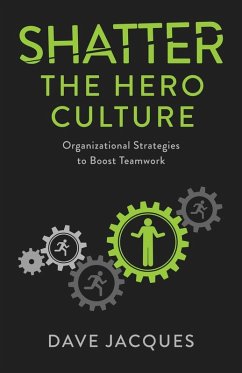
The Politics of Working Life

PAYBACK Punkte
113 °P sammeln!
How does the politics of working life shape modern organizations? Is our desire for meaningful, secure work increasingly at odds with corporate behaviour in a globalized economy? Does the rise of performance management culture represent an intensification of work, or create opportunities for the freewheeling individual career? This timely and engaging book, by leading authorities in the field, adopts the standpoint of the 'questioning observer'. It is for those who need an informed account of work that is accessible without being superficial. The book is unique in its multi-dimensional approac...
How does the politics of working life shape modern organizations? Is our desire for meaningful, secure work increasingly at odds with corporate behaviour in a globalized economy? Does the rise of performance management culture represent an intensification of work, or create opportunities for the freewheeling individual career? This timely and engaging book, by leading authorities in the field, adopts the standpoint of the 'questioning observer'. It is for those who need an informed account of work that is accessible without being superficial. The book is unique in its multi-dimensional approach, weaving together analysis of individual work experience, political processes in organizations, and the wider context of the social structuring of markets. The book identifies central questions about working experience and answers them in a direct and lively manner. It has a strong analytical foundation based on a political economy framework, giving particular weight to the contradictory character of organizations. These contradictions turn on the competing demands placed on organizations and the different political projects of groups within them. This perspective integrates the chapters, and permits numerous scholarly debates to be addressed - including those on identity projects, gender and work, power and participation, escalation in decision-making, and the meaning of corporate social responsibility. This book is suitable for undergraduate and graduate classes in Organizational Behaviour, Business Strategy and the Sociology of Work and Employment. It will also appeal to the general reader interested in grappling with the complexity of the changing environment of work.














